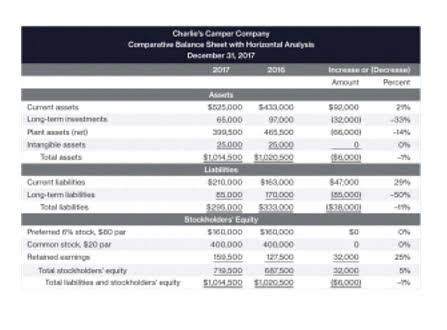
In FOB shipping point agreements, the seller pays all transportation costs and fees to get the goods to the port of origin. Once the goods are at the point of origin and on the transportation vessel, the buyer is financially responsible for fob shipping point costs to transport the goods, such as customs, taxes, and fees. Although the accounting treatment mentioned above aligns with this, it’s worth mentioning that FOB shipping points and destinations transfer ownership at different times.

Other shipping terms and its definitions

The choice between FOB Origin and FOB destination depends on the specific needs of both parties. Since Dara Inc. has experience managing international shipping or wants to save on transport costs, FOB Origin, they decided to go forward this way. However, if the seller wants to minimize risk and offer a complete service (including delivery), FOB Destination would be a better option. This can result in damaged or lost goods during transportation, which can lead to additional costs and delays for the buyer.

AccountingTools
Therefore, the seller is legally responsible for the products during transport, up until the point the goods reach the buyer. FOB Destination is different to FOB Shipping Point where the buyer is responsible for the shipping and transportation instead of the seller. Imagine the same situation above, except the agreement terms are for FOB destination. Instead, the manufacturer retains ownership of the equipment until it’s delivered to the buyer. Both parties don’t record the sale transaction in their general ledgers until the goods arrive at the buyer’s location.
- For example, in FOB shipping point, the buyer is responsible for freight, insurance, and other costs from the shipping point onward.
- This guide should help you understand FOB shipping, which should get you on your way to knowing how best to ship your goods internationally for your business.
- If the shipping contract uses the term “FOB shipping point”, the department store chain is responsible for any damage or loss during transit and shoulders the cost of insuring the shipment.
- It plainly lays out how far along into the process the supplier will ensure that your goods are moved and at what point the buyer takes over the shipment process.
- In shipping point, the buyer owns the goods when the carrier picks it up from the seller and signs the bill of lading.
- Simply put, an incoterm is the standard contract used to define responsibility and liability for the shipment of goods.
Free on Board (FOB) Incoterms® explained
- For packages that are FOB origin, the buyer will often contract with the shipper and pay the freight costs directly, not arranging it through you, the seller.
- Instead, use FCA (Free Carrier), CPT (Carriage Paid To), and CIP (Carriage and Insurance Paid To), which are the correct alternatives as they are meant for containerised freight.
- At this shipping point, the buyer becomes the owner and bears the risk during transit.
- In a FOB shipping point agreement, ownership transfers from the seller to the buyer once the goods are delivered to the point of origin.
Under Free on Board, the seller is responsible for delivering the goods to the port of departure, clearing it for export, and loading the goods on the vessel. Once the goods are on the vessel, the risk transfers from the seller to the buyer, who from that point is responsible for all costs thereafter. If your business buys or sells goods overseas, choosing the best Incoterms® rule for your cargo can sometimes be confusing, especially if you’re new to the world of overseas freight shipping. In addition, sellers are typically responsible for freight charges, which adds to their overall costs. To account for these expenses, sellers may need to increase the final price for the buyer. This can affect the seller’s competitiveness in the market, as buyers may opt for lower-priced alternatives.
How Does FOB Destination Work?

Additionally, the quality of storage facilities and handling processes can influence the condition of goods upon arrival at their destination. Freight Collect is often the choice for businesses that prefer to have full control over every aspect of the shipping process, from selecting shipping terms to managing freight charges. However, this method does place the onus of risk and responsibility firmly on the buyer’s shoulders, from the point of FOB designation to the goods’ arrival at the buyer’s location. In this comprehensive guide, you’ll find key insights into the nuts and bolts of FOB—from its basic meaning to its various designations like FOB shipping point and FOB destination. You’ll learn about freight prepaid options, when freight collect makes sense, and how these terms affect your bottom line and supply chain. Master the FOB terms, become savvy in international shipping, and take control of your shipping costs and responsibilities.
FOB Destination
FOB Origin vs. FOB Destination
- As with all Incoterms, FOB does not define the point at which ownership of the goods is transferred.
- This means that your shipment is in the proverbial hands of the supplier through the process of transporting them to a port and loading them aboard a ship.
- Incoterms define the international shipping rules that delegate the responsibility of buyers and sellers.
- That means the seller will transport the goods to a port in Japan and load them onto a ship.
- In North America, the term “FOB” is written in a sales agreement to determine when the liability and responsibility for the shipped cargo transfers from the seller to the buyer.
- Failing to check whether a shipment is labeled as FOB shipping point or FOB destination can leave you uninsured, out of pocket, and responsible for damaged or unsellable goods.
Accounting Guidance


No comment yet, add your voice below!